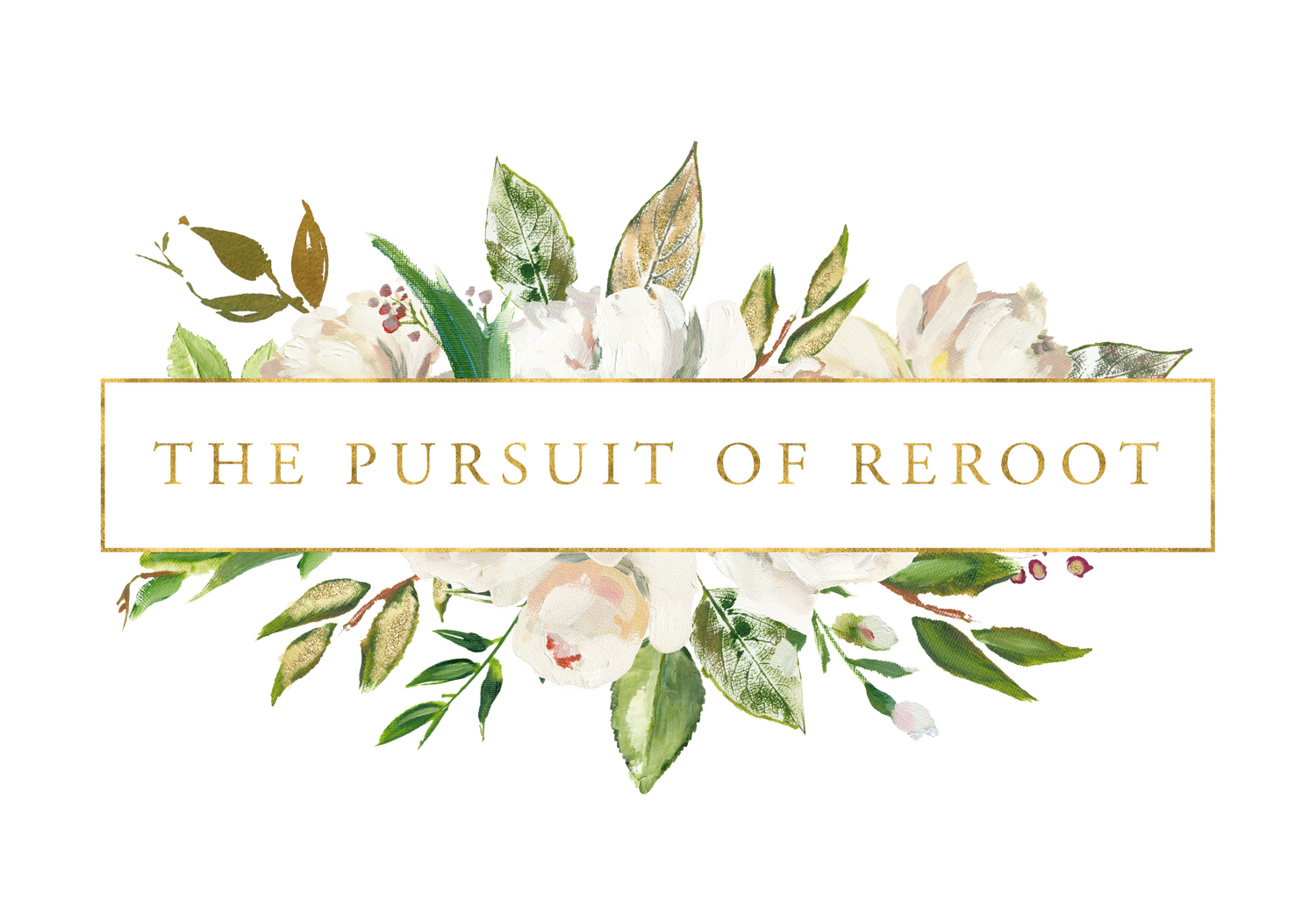[Hi, my name is Leang Ngov. I wanted to share my story.]
When I was 15 years old, I had an opportunity to visit Cambodia for the first time. This was back in the 90's. At that time, no one knew that Cambodia even existed or that there was very limited knowledge about the country.
That first visit had changed my life forever. It was my first exposure to Cambodia. The fact that I was thousands of miles away from home had helped to distance myself from all that expectations to assimilate to American culture. That was then I was finally able to put the pieces together after growing up with the family stories, which had helped to shape the person I am today.
From that first trip, I witnessed the DDBDDHH (Deaf, DeafBlind, DeafDisabled, Hard of Hearing) Khmer community and I was connected to my Deaf relatives that were/are still living in Cambodia. I wanted to name at least one of Deaf relatives who had been born to be a fierce person. My aunt (there are five family systems in the world according to anthropology; in America's system, she's considered to be my 2nd cousin) Makara had always been self-taught and survivor. Back then, there were no education and Cambodia wasn't a hot trendy place to visit or a new opportunity for linguists to study KSL. Makara came to America to visit and saw that I had been driving. She was shocked and asked how this was possible. I told her that it was possible and encouraged her to fight for that rights. She actually went and fought for the rights to drive with the Prime Minister. I am emphasizing, I am not taking a full credit for inspiring her to do that because it had always been inside her. I hated it when I saw someone else took a full credit for "making DDBDDHH Khmer folks" to be the strong people they are today. It was only one of many experiences in Makara's life but it was all HER who made the choice to decide how those experiences can shape the person she is. Yet...no one recognized her. All I see is some elite American researcher getting all the recognition. For what? For blogging about DDBDDHH Khmers community based on the conversations with selection of DDBDDHH Khmers that she had crossed the path with?
I wanted to add this: I kept on reading everywhere that stated that DDBDDHH community in Cambodia had no community and had no sign language. What I kept on pondering was: who get to decide that because it was not recognized formally, they could make that statement that they had no sign language? Why did it have to take a white person to come and recognize our language to consider it as a formal systemic language? I also noticed that Khmer Sign Language (KSL) had a lot of ASL influence, which one may say that it is an form of colonization. I often met a lot of Deaf Khmers who have told me that they preferred ASL to KSL. That made me sad.
After I visited Cambodia for the first time, I had goals. I wanted to work for United Nations, but specifically for Cambodia and unify with DDBDDHH Khmers. I actually majored in Anthropology and International Studies. I idolized Margaret Mead, who was one of well known anthropologists who have studied so many countries and the tribes. Later, I realized how problematic that field could be and I decided to abandon that plan. Looking back, after becoming self actualized, I realized that Margaret Mead's work was causing a lot of harm. I did the research that was not taught to me by school, and discovered that she published the work about Samoa. People were attempting to bring the awareness to the fact that due to Margaret's lack of fluency in their native language, she misunderstood and took the jokes as the truth...causing a lot of misinformation about their culture, which added to the stereotype. Margaret DID not have the real context from a lived experience, which only can happen if it was part of YOUR identity...part of YOUR culture that you grew up with...the knowledge and wisdom that were passed on to you from your family...the perspective that you gained from living a life as a person of said culture. Without any of that, it is impossible to understand how the culture comes to be, and to understand how people form their way of thinking.
What I just explained is exactly why I felt so hurt by the most recent interview that the Fulbright did with this white Deaf individual who went to live in Cambodia (on and off for 9 months) and blogged about DDBDDHH Khmers community. On and off for 9 months of living in Cambodia, can you truly say that you're 100% fluent in KSL and have knowledge/experience that is equivalent to me, a 32 years old Khmerican who grew up in a household with parents who were refugees from Cambodia and were determined to raise their children in Cambodian and Chinese cultures, and used the family stories of what they went through civil war and from their cultures as tools to teach the life lessons? To frame Deaf Khmers as if they were subhuman without a language, without a community...helpless subhumans who were finally saved by elite white folks was an insult to me. It was a traumatizing trigger.
The only positive that came out from this interview was that it has lit the passion inside me to reclaim my history, to reclaim my culture, and to decolonize my DDBDDHH Khmers community. We are not meant for your inspiration. We are not meant for your charity. We are not meant for your profit. We are meant to have our own culture, a culture that we are proud of and willing to share but not for you to take. It is there for you to respect and honor.
